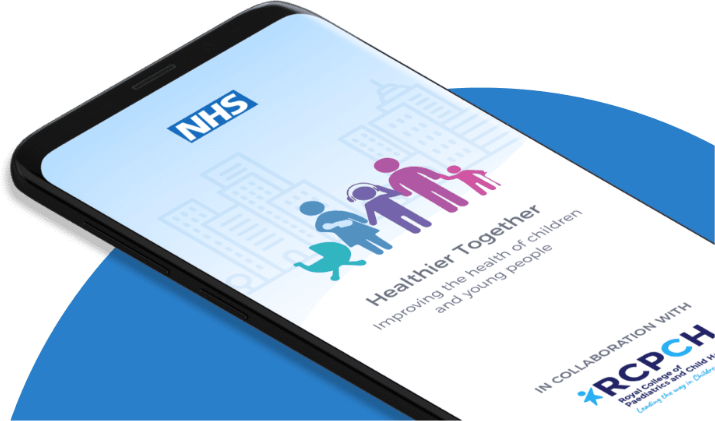Everybody should have a safe place to live. It is a basic human right. However, we know that there are thousands of children across the UK who do not have this. You don’t have to be living on the street to be considered homeless. Some families live in temporary accommodation, with friends or sofa surf whilst others live in fear of losing their home.
If you are homeless or at risk of homelessness:
- Speak to your local council as soon as possible.
- If you are struggling to pay rent speak to your landlord or letting agent as soon as possible
- Speak to your social worker if you have one
- Make a list of people you trust who you could stay with if you had to
- Pack what you need e.g. warm clothes, phone charger, medication and I.D
If the council agrees that you are eligible then it must offer you accommodation. This is likely to be temporary accommodation. If you turn down an offer of temporary accommodation, the council may refuse to offer you anything else. In general it is best to accept it and challenge it later, unless you are at risk of harm there.
Where can I get help?
If you are in immediate danger, dial 999 and speak to the police.
Childline - if you are a child in need of help, call for free on 0800 1111.
Centrepoint - Advice and support for young people in England aged 16-25. Call free on 0808 800 0661 (Monday-Friday, 9am-5pm).
Shelter - Support and advice if you are homeless, have nowhere to stay tonight, are worried about losing your home in the next 2 months or are at risk of harm. Call free on 0808 800 4444 (Monday-Friday, 8am-8pm and Saturday-Sunday 9am-5pm).
Citizens Advice - Get advice about housing, your homeless application and how to challenge the council’s homeless decision. Call the national advice line on 0800 144 8848.
Duty to refer
Some organisations such as hospitals and social workers have a duty to refer anyone who is homeless or at risk of becoming homeless within the next 56 days.





